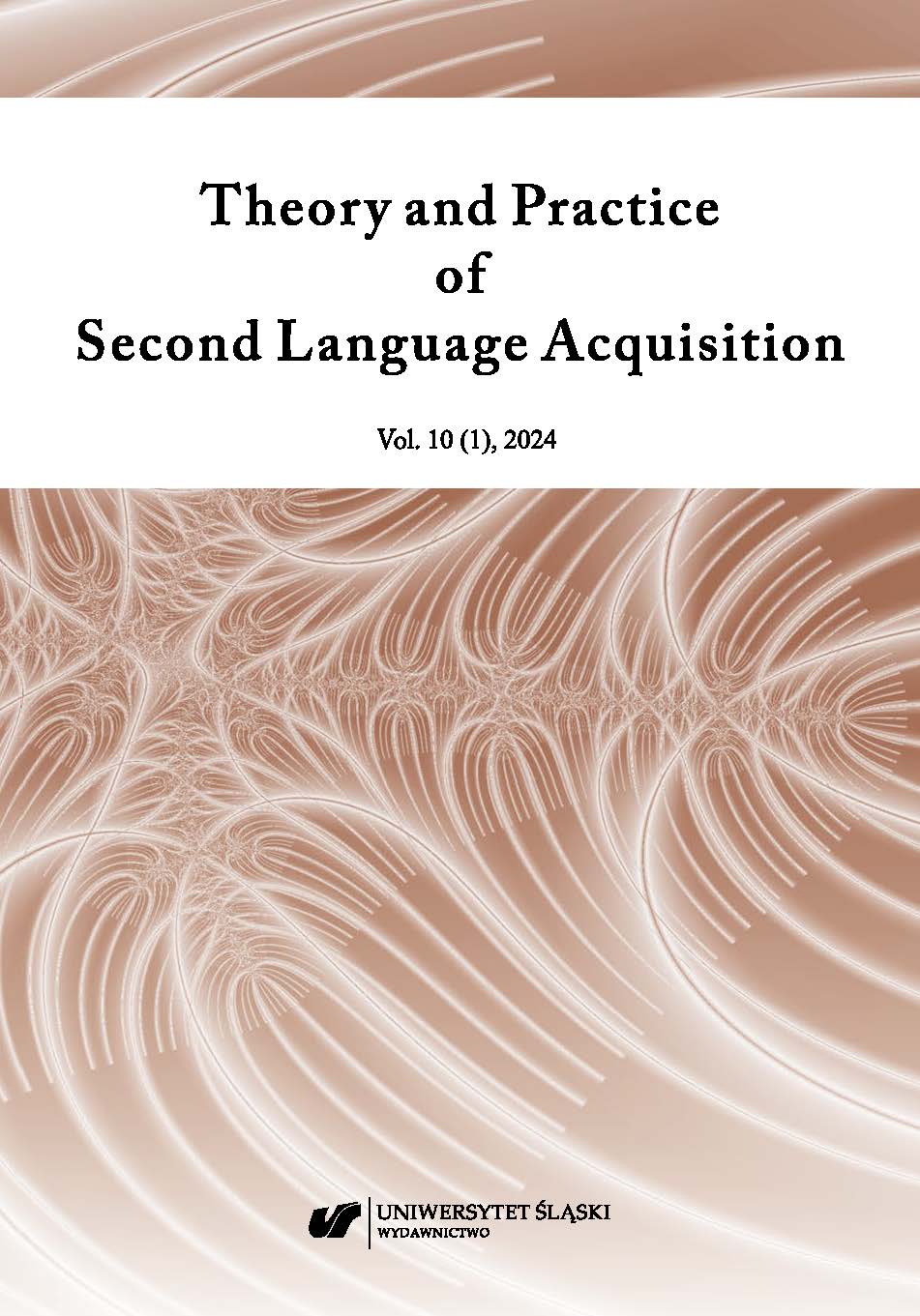Challenging but Rewarding Aspects of Telecollaboration: The Case of Virtual Israeli-Polish (VIP) Project
Challenging but Rewarding Aspects of Telecollaboration: The Case of Virtual Israeli-Polish (VIP) Project
Author(s): Sabina A. Nowak, Aleksandra RążewskaSubject(s): Language and Literature Studies
Published by: Wydawnictwo Uniwersytetu Śląskiego
Keywords: Starting from the premise that implementing telecollaboration can be a challenging enterprise, it is assumed that such virtual exchanges bring positive outcomes. Despite rich body of research on telec
Summary/Abstract: Starting from the premise that implementing telecollaboration can be a challenging enterprise,it is assumed that such virtual exchanges bring positive outcomes. Despite richbody of research on telecollaboration, few studies to date have explored group dynamicsin the context of online exchange. The current research examined an Israeli-Polish (N = 100)telecollaborative intercultural experience. The Israeli participants were students from a BEdprogram in informal education and Polish students from a BA program in translation. Themain purpose of the telecollaborative project was to develop English linguistic skills andintercultural communicative competence (Byram, 1997) of the students. However, the presentstudy aimed to investigate how the group dynamics influenced the telecollaboration processand the project outcomes. The students engaged in the exchange of asynchronous videorecordings (Vlogs), collaborative synchronous meetings on Zoom, and completed an on-linequestionnaire. This paper outlines some of the challenges related to the international telecollaboration,including technological and institutional difficulties, context-specific demands, andsome individual differences of the participants. Through “thematic analysis” (TA) (Braun &Clarke, 2012) the authors of the paper explored levels of “failed communication” (O’Dowd& Ritter, 2006) and how they impacted the ongoing development of the collaboration bothtechnically and in terms of content and development of interaction skills to uncover certainthemes that referred to learners’ and instructors’ challenges. The study concludes with pedagogicalimplications for more effective implementation of telecollaboration in higher education.
Journal: Theory and Practice of Second Language Acquisition
- Issue Year: 1/2024
- Issue No: 10
- Page Range: 1-47
- Page Count: 47
- Language: English

